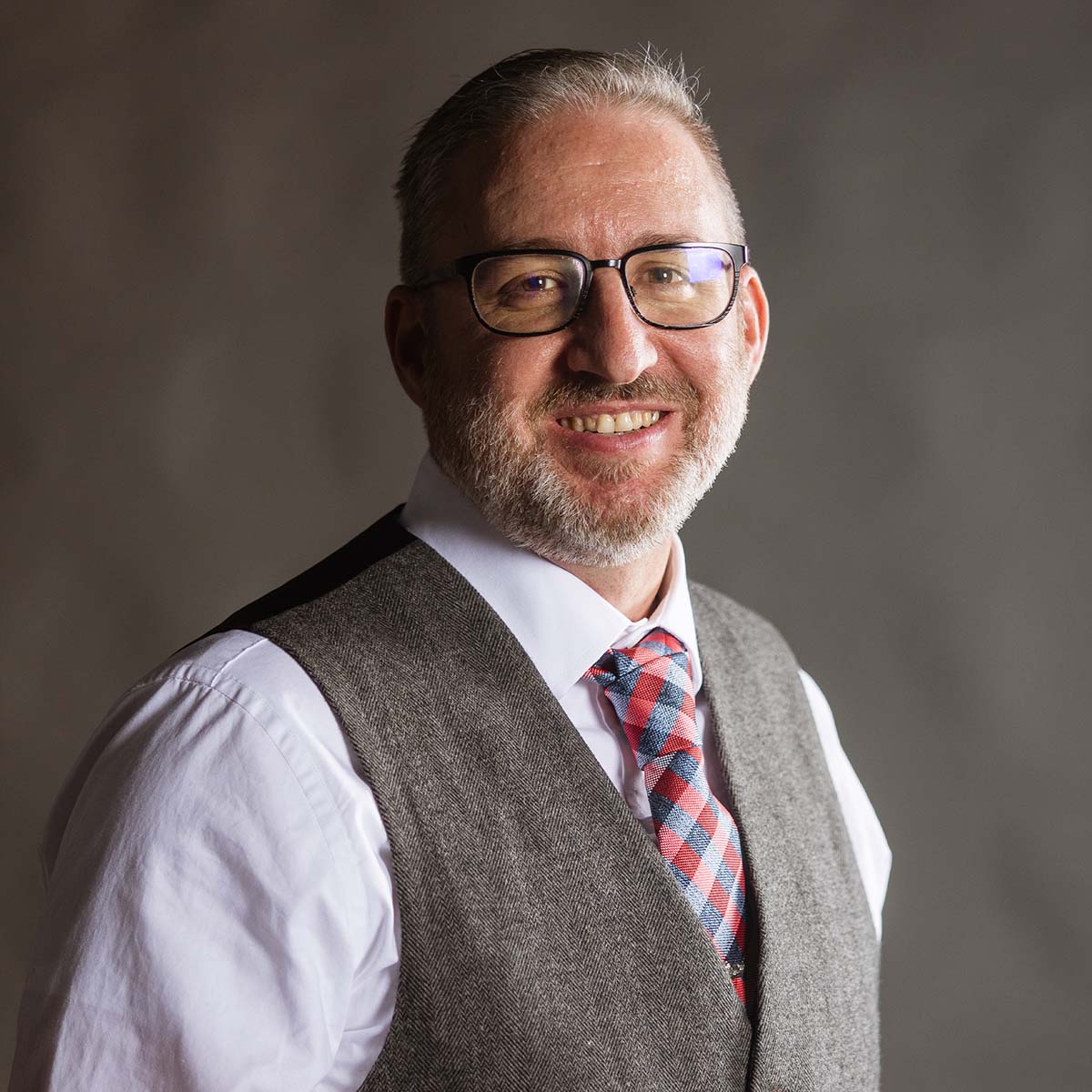
Matthew Hirt, PhD
Assistant Professor, Intercultural Studies(864) 977-7070
matthew.hirt@ngu.edu
Unit: Christian Studies
Location: Tigerville
"God is a missionary God. The Bible is a missionary book. The gospel is a missionary message. The church is a missionary institution. And when the church ceases to be missionary minded, it has denied its faith and betrayed its trust." (J. Herbert Kane)
-
Teaching & Education
Bachelor of Arts in Religious Studies
Virginia Commonwealth University
Richmond, VA
2009Master’s of Divinity in International Church Planting
Southeastern Baptist Theological Seminary
Wake Forest, NC
2013Doctor of Philosophy in Applied Theology/International Missions
Southeastern Baptist Theological Seminary
Wake Forest, NC
2020 -
Professional Experience
My experience includes submarine service in the U.S. Navy as a sonar technician, international missionary service in Southeast Asia, South Asia, and West Africa, and local church ministry in the Midwest and Southeast United States. I have worked in higher education in various roles since 2017 at Southeastern Baptist Theological Seminary and as an IMB missionary serving as a theological educator at The Nigerian Baptist Theological Seminary in Ogbomosho, Nigeria. I began teaching in the College of Christian Studies at North Greenville University in January 2024.
-
Selected Publications
Books
- Generational Disciple-Making: How Ordinary Followers of Jesus Are Transformed into Extraordinary Fishers of Men, contributing author and assistant editor (2022)
- Peoples and Places: How Geography Impacts Missions Strategy, (2022)
Articles
- “Prophets in the Seminary: The Prophetic Function as a Means of Maintaining Missional Focus in Theological Education” Global Missiology, 20.2 (2023)
-
My Network
I have an extensive connection to missionaries serving in various contexts around the world. I enjoy connecting students with the ongoing work and helping them see how they can use their skills to make disciples.
-
My Story
I grew up in a rural community in northern Ohio. I was raised going to a Lutheran church, but I rejected Christianity when I was 15 years old. By the time I was an undergraduate in college, I was an atheist and antagonistic towards Christians. As a philosophy student, my professors were teaching a post-modern worldview with a subjective concept of truth. I struggled to reconcile what they were teaching with what I saw in the world around me. I began asking questions like “What is truth?” “Can truth be known?” “How can we know truth?” On my own, I was not finding any sufficient answers. Around this time, I met a fellow student named Luke. Luke was a Christian, but he was different from others I met. He understood his faith and he was able to explain it clearly. Even so, I struggled to understand what he was sharing with me in light of my questions. In our last meeting, Luke told me, “I think you should read the Gospel of John.” I was hesitant at first, but I began reading. John 14:6 was a crossroads for me: “I am the way, the truth, and the life. No one comes to the Father except through me.” I realized that this was either the most insane or profound statement ever said. If Jesus was who he says he was, then Jesus was the answer to my search for the truth. Shortly after this, I committed my life to Christ, and I was aware that God was preparing me for something, but I did not know what. Over the next seven years, I continued to faithfully prepare for where the Lord was leading me. I was discipled by military chaplain and local church pastors. In 2007, my church sent me to a missions conference, and God clearly revealed that he was calling me to international missions. Since then, I have served as a missionary, a missional pastor, a church revitalizer, and a theological educator mobilizing students to engage in the Great Commission.
-
Related Links
International Mission Board: www.imb.org
North American Mission Board: www.namb.net
Southeastern Baptist Theological Seminary: www.sebts.edu

